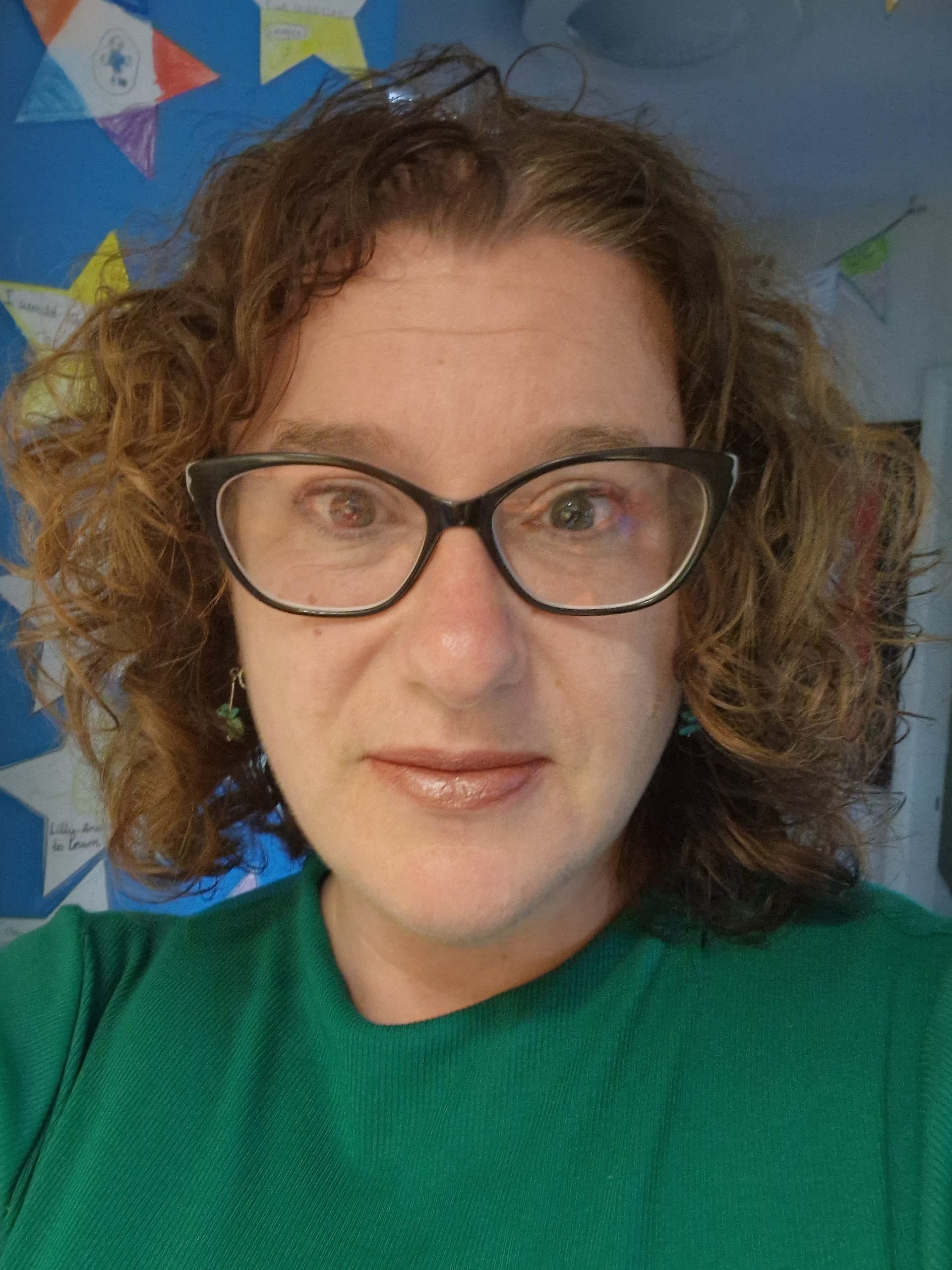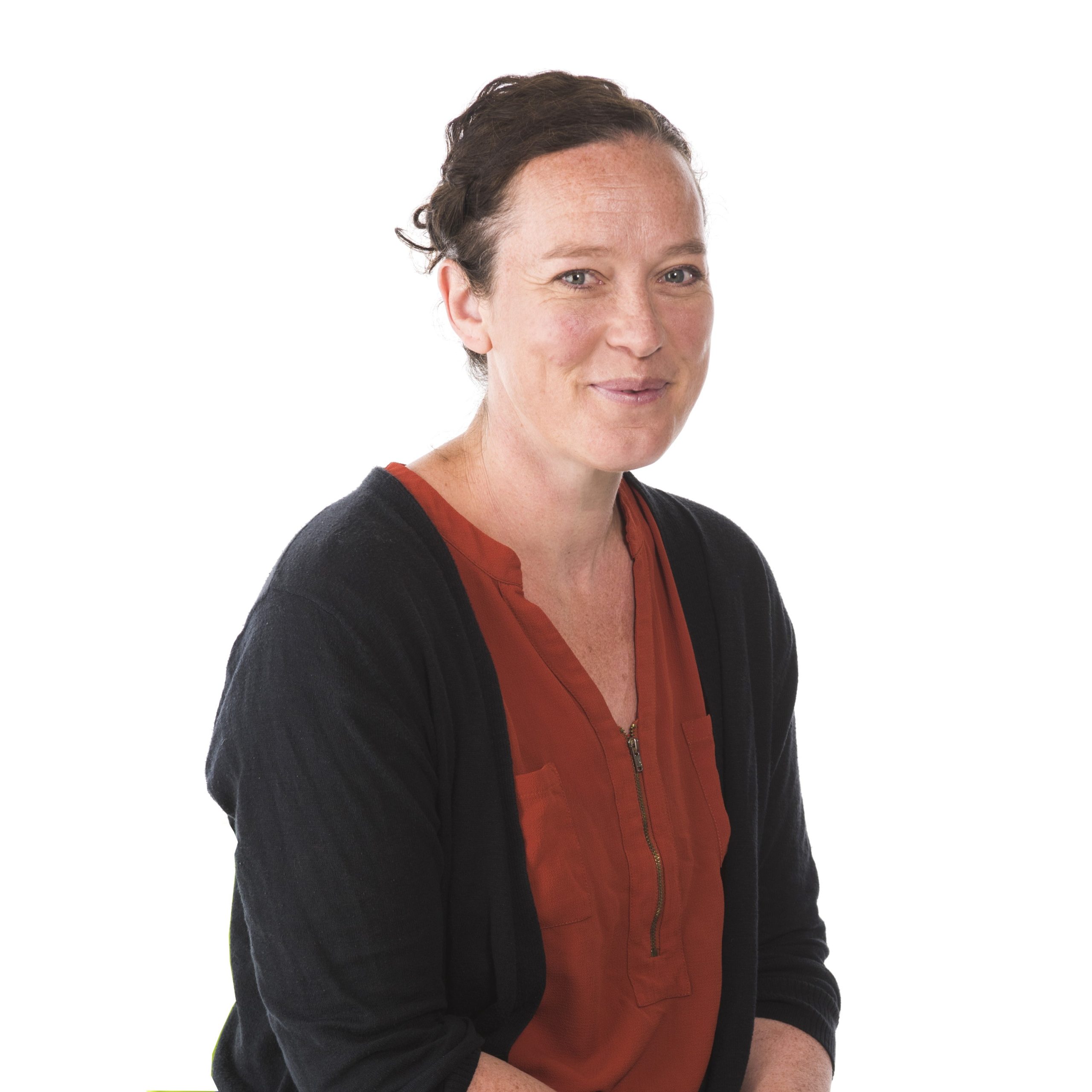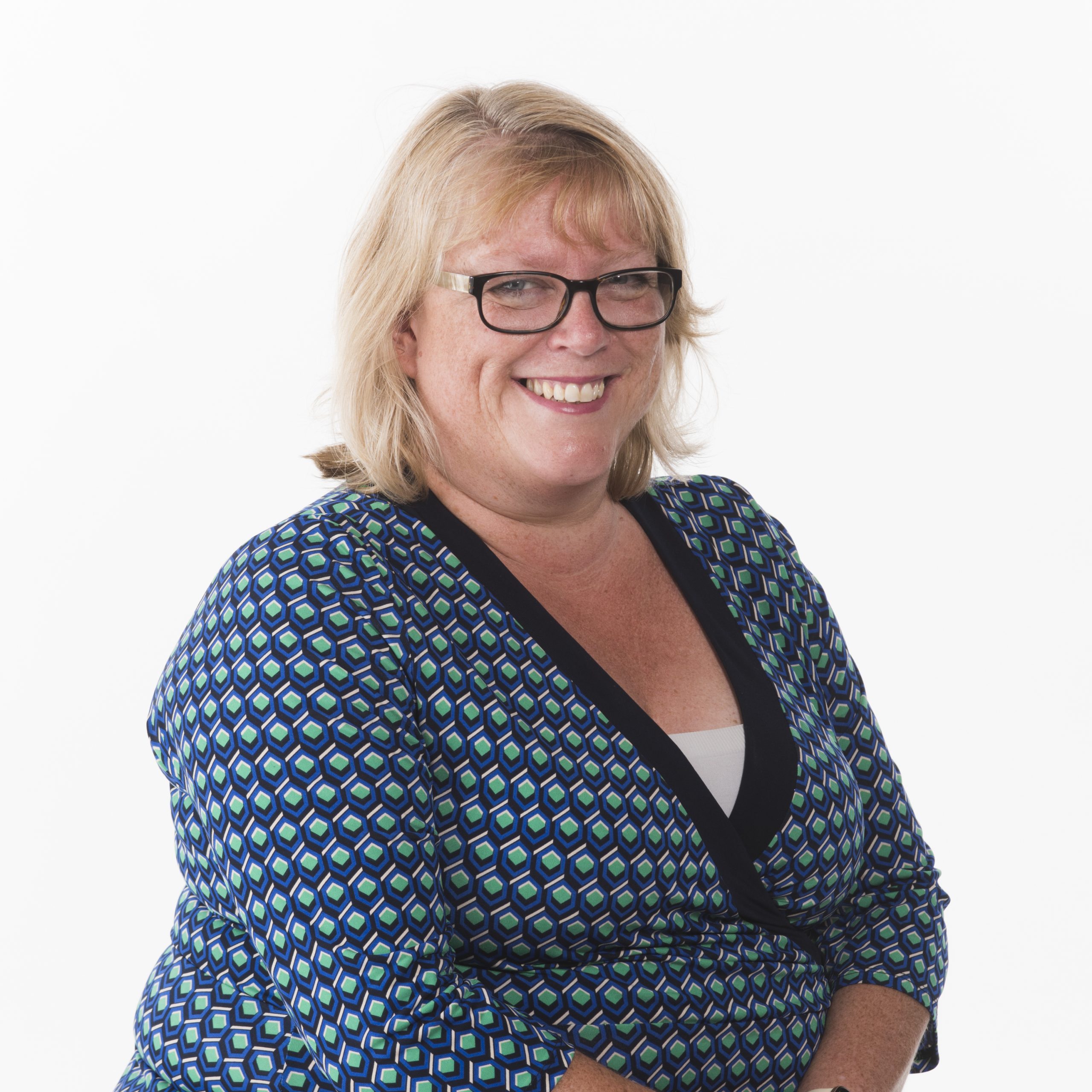SAFEGUARDING
Definition of Safeguarding
- Protecting children and young people (under the age of 18) from maltreatment
- Preventing impairment of children’s health or development
- Ensuring that children grow up in circumstances consistent with the provision of safe and effective care
- Taking Action to enable all children to have the best outcomes
The Safeguarding Senior Leadership team for the Federation are Elizabeth Grainger (DSL), Georgina Westhorpe (DDSL/Inclusion Manager), Heather Eggleton (Inclusion Assistant) and Sarah Woodburn (Senior Business Manager).
Mrs Caroline Weeks is the Governor responsible for overseeing Safeguarding.
The Safeguarding SLT ensure that all staff training, policies and procedures are understood, current and applied when necessary.
It may be helpful to parents to know that it is a statutory requirement for schools to report any obvious or suspected case of child abuse (where a child may be at risk of harm/have been harmed). This procedure is intended to protect children at risk and schools are encouraged to take the attitude that, where there are grounds for suspicion, it is better to be safe than sorry. This does mean that schools, on occasion, risk upsetting some parents by reporting a case, which, on investigation, proves unfounded. In such circumstances, we hope that parents will appreciate how difficult it is for schools to carry out this delicate responsibility, and would understand that the school was acting the child’s best interests.
Click to download the following safeguarding documents:
Safeguarding Newsletter July 25
CSA STOP Parent toolkit poster
Safeguarding Senior Leadership Team

Elizabeth Grainger
Designated Safeguarding Lead

Georgina Westhorpe
Deputy Designated Safeguarding Lead & Inclusion Manager

Heather Eggleton
Inclusion Assistant

Sarah Woodburn
Senior Business Manager
Types of abuse
Physical: Hitting, shaking, throwing, poisoning, burning or scalding. It could also be fabrication, such as deliberately inducing illness in a child.
Sexual: Involves forcing or enticing a child to take part in sexual activities.
Emotional: The persistent emotional maltreatment of a child such as to cause severe and adverse effects on the child’s emotional development and wellbeing.
Neglect: The persistent failure to meet a child’s basic physical or psychological needs, likely to result in the serious impairment of the child’s health or development.
Female Genital Mutilation (FGM): Procedures that involve partial or total removal of the external female genitalia for non-medical reasons.
Radicalisation: Refers to the process by which a person comes to support terrorism and extremist ideologies associated with terrorist groups.
Safeguarding websites
IOW Safeguarding Children Partnership – https://www.iowscp.org.uk/
If you are worried a child is, or at risk of, suffering, neglect or abuse please contact the Children’s Reception Team on 0300 300 0117 (available 24 hours a day). In an Emergency ring 999.
Local Authority Designated Officer (LADO)
Local authorities have a designated officer or team to be involved in the management and oversight of allegations against people who work with children. Telephone: 01983 823723 Email: LADO@IOW.gov.uk
Action for Children – https://www.actionforchildren.org.uk/
Protect and support children and young people, providing practical and emotional care and support.
Barnardos – https://www.barnardos.org.uk/
Support children who have been abused and help them feel safe again.
Childline – https://www.childline.org.uk/
Childline is there to help anyone under 19 in the UK with any issue they’re going through. You can talk about anything. Whether it’s something big or small, their trained counsellors are there to support you. Telephone: 08001111
Children’s Society – https://www.childrenssociety.org.uk/
A national charity working to transform the hopes and happiness of young people facing abuse, exploitation and neglect.
Work to prevent abuse, help rebuild children’s lives and support families. NSPCC Helpline: 0808 800 5000 (24 hours) or text 88858
Young Minds – https://youngminds.org.uk/
Provide young people with reassurance and advice to help them make positive choices for their mental health and know what to do next if they are struggling.
Youth Trust IOW http://www.iowyouthtrust.co.uk
A charitable, independent and professional organisation offering counselling, advice, information and support to young people age 25 and under on the Isle of Wight, and in some cases, their parents and carers.
Mental Health Support Team – MHST – IOW Youth Trust
The MHST has Education Mental Health Practitioners or EMHPs who work in schools and colleges on the Island. They support the school to implement a Whole School Approach to mental health and wellbeing, and support the development of school policies and procedures to improve emotional health and wellbeing. Click to download – MHST Information Poster
Ofsted: 0300 123 1231
Emergency Helpline: 0300 123 4666
OFSTED operate a confidential and anonymous helpline which you can phone on 0300 123 4666 if you feel concerned about the welfare of a child in an education setting. Reports of abuse or any other concerns will be investigated thoroughly by OFSTED and if they feel it necessary they will place the school or early years education setting under investigation. If OFSTED feel there is a safeguarding concern they will contact police or social services as appropriate. If you have serious safeguarding concerns you can do the same.
Email: enquiries@ofsted.gov.uk
